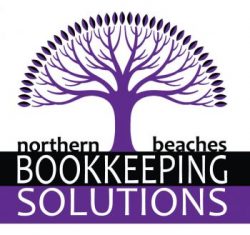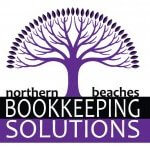An Expert Guide to Employee Superannuation for Small Business
Superannuation is an important aspect of an employee’s remuneration package in Australia. It is a long-term savings plan designed to provide financial security during retirement. In this article, we aim to provide a comprehensive understanding of how employee superannuation works and why it is important.

What is Employee Superannuation?
Employee superannuation refers to the contributions made by an employer towards an employee’s retirement savings plan. These contributions are made on behalf of the employee, and they are typically a percentage of the employee’s salary. The contributions are then invested by the super fund to grow over time, providing a retirement nest egg for the employee.
Why is Superannuation Important?
Superannuation is important because it provides financial security during retirement. The cost of living can be high during retirement, and having a solid savings plan can help to ensure that an individual has enough money to live comfortably. Additionally, the Australian government provides tax concessions for contributions made to superannuation, making it an attractive savings option.
How Does Employee Superannuation Work?
Employee superannuation works as follows:
- An employer makes contributions to an employee’s superannuation fund on behalf of the employee.
- The employee has the option to make personal contributions to their superannuation fund, either before or after tax.
- The contributions are invested by the superannuation fund, and the returns are used to grow the employee’s retirement savings.
- When the employee reaches retirement age, they can access their superannuation benefits, which can be used to provide an income stream or a lump sum payment.
What are the Key Components of Superannuation in Australia?
There are several key components of superannuation, including:
- Contributions: Contributions made by an employer and/or an employee to a super fund of choice.
- Investment returns: The returns generated by the investments made by the superannuation fund.
- Fees: The fees charged by the superannuation fund for managing the employee’s retirement savings.
- Insurance cover: Some superannuation funds provide insurance cover, such as death and total and permanent disability cover.
Who Regulates Superannuation?
Superannuation is regulated by the Australian Prudential Regulation Authority (APRA). APRA sets standards for superannuation funds, ensuring that they operate in the best interests of their members.
Conclusion
Employee superannuation is a critical aspect of an employee’s remuneration package in Australia. It provides financial security during retirement and is an attractive savings option due to the tax concessions provided by the government. Understanding how superannuation works, including the key components and regulation, is important for all employees.
For more information visit the Australian Taxation Website info page
As professional bookkeepers, we can assist with accruing and paying your employee’s superannuation on time so you are compliant with the Australian legislation avoiding any late fees, interest or penalties.

